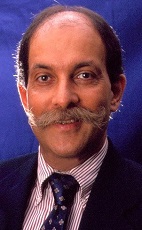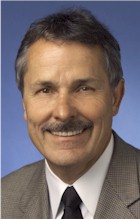
Thirteen years ago, when I entered the Spa Industry as the manager of a new Resort Spa, the number of spas and spa-goers were few and having a spa at a hotel or resort was a novel amenity that was not expected to be profitable. Soon it was realized that there was a demand for the spa experience along with greater expectations. Hotels and resorts then began to take the bull by the horns and realize that not unlike their other retail outlets; good concept planning, management and marketing were important to the spa's success. With the change in the spa's financial expectations came spas that were managed and marketed with increasing know-how. READ MORE















